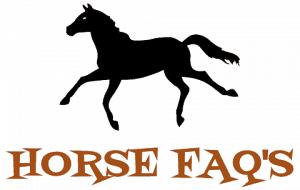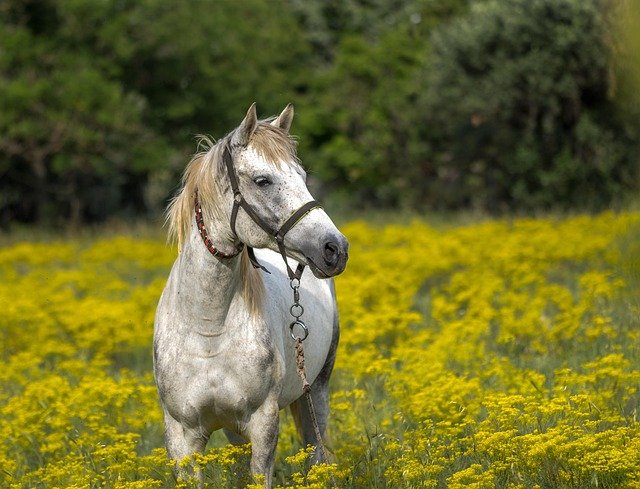Four horses in Oklahoma have recently tested positive for West Nile virus (WNV), according to a report released on October 22, 2025. The cases highlight the continuing risk of mosquito-borne diseases for equine populations across the state.
Details of Reported Cases
Each of the affected horses, located in different counties across Oklahoma, developed neurological symptoms consistent with WNV infection earlier this fall. Clinical signs included weakness, loss of coordination (ataxia), muscle tremors, hyperesthesia, and general lethargy.
Veterinary officials noted that several of the horses were unvaccinated, underscoring the importance of routine immunization, especially during peak mosquito season. Some horses are now reported to be recovering under supportive care.
Understanding West Nile Virus in Horses
West Nile virus is transmitted primarily through mosquito bites. The disease affects the neurological system, and while not every infected horse shows visible signs, many will exhibit one or more of the following:
-
Fatigue and mild depression
-
Muscle twitches or skin tremors
-
Hypersensitivity to touch or noise
-
Disorientation or “spacing out” behavior
-
Unsteady gait or limb weakness
Although there is no direct cure for WNV, supportive veterinary care can significantly increase survival chances. The mortality rate can reach 30–40%, particularly in unvaccinated horses.
Prevention and Vaccination
Vaccination remains the most effective defense against West Nile virus. Veterinarians recommend:
-
Annual booster shots for previously vaccinated horses, or
-
Two initial doses spaced three to six weeks apart for unvaccinated horses.
In regions with extended mosquito seasons, some veterinarians advise two boosters yearly — one in spring and another in late summer or early fall.
Beyond vaccination, horse owners can further reduce risk by managing mosquito exposure:
-
Eliminate standing water around barns and paddocks.
-
Refresh and clean water troughs often.
-
Stable horses indoors during prime mosquito activity (dusk and dawn).
-
Use equine-approved repellents consistently.
Ongoing Monitoring
West Nile virus cases tend to rise in late summer and early fall when mosquito activity peaks. Horse owners are encouraged to stay alert for neurologic symptoms and report any suspected infections to their veterinarians promptly.
For continuous updates on equine disease alerts and prevention strategies, subscribe to local veterinary association newsletters or follow veterinary reporting platforms like the Equine Disease Communication Center (EDCC).

